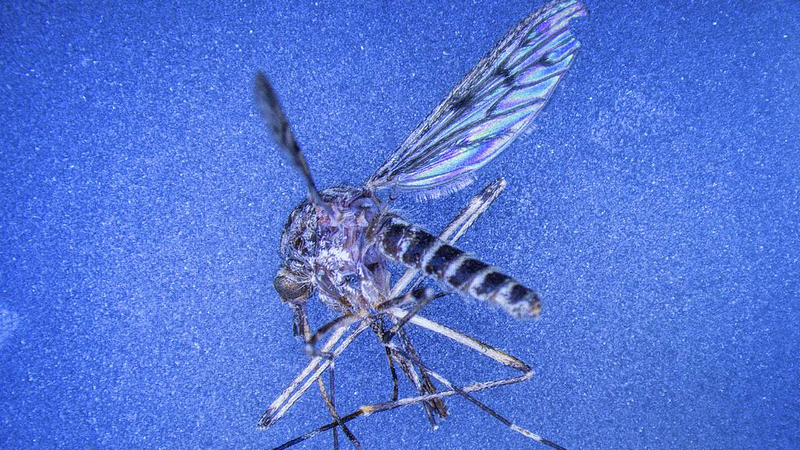Iceland's mosquito-free legend has finally met its match. For the first time ever, entomologists from the Natural Science Institute of Iceland have documented three Culiseta annulata mosquitoes in the wild, two females and a male, some 30 miles north of Reykjavik.
Lead researcher Matthias Alfredsson shared with AFP how these cold-adapted insects were drawn in by the classic "wine rope" trick—sugar-spiked, warmed wine dripped onto hanging ropes to lure sweet-toothed insects.
Until now, this volcanic island nation—and Antarctica—stood out as the last mosquito-free corners of our planet. A lone Aedes nigripes found years ago on an airplane at Keflavik airport could not stake its claim; the specimen has since been lost, leaving Iceland's mosquito record at zero—until now.
The sudden appearance of Culiseta annulata could be more than a curiosity. Alfredsson says it hints at a recent hitchhike into Iceland, possibly via ships or cargo containers. Spring monitoring will be crucial to track whether these mosquitoes establish breeding populations across the island.
Climate change often takes the blame for shifting species ranges—longer summers, milder winters and rising temperatures can open the door to newcomers. Yet Alfredsson notes that Culiseta annulata is built for the cold. Its ability to survive sub-zero winters and exploit diverse breeding sites makes it uniquely suited to Iceland's rugged environment.
For global citizens, entrepreneurs and eco-enthusiasts, this tiny mosquito signals big questions: How do we balance biosecurity with growing global trade? Can Iceland's ecosystems withstand new pressures? And how will climate trends continue to reshape the world's last frontiers?
As researchers gear up for spring's surveys, all eyes—and sticky wine ropes—will be on Iceland to see if mosquitoes make this storied island their new home.
Reference(s):
cgtn.com




